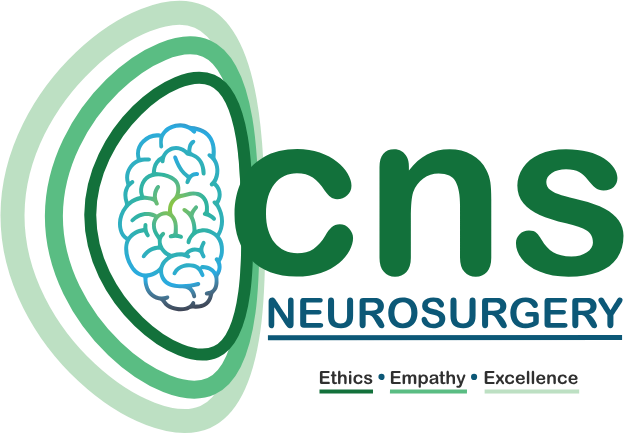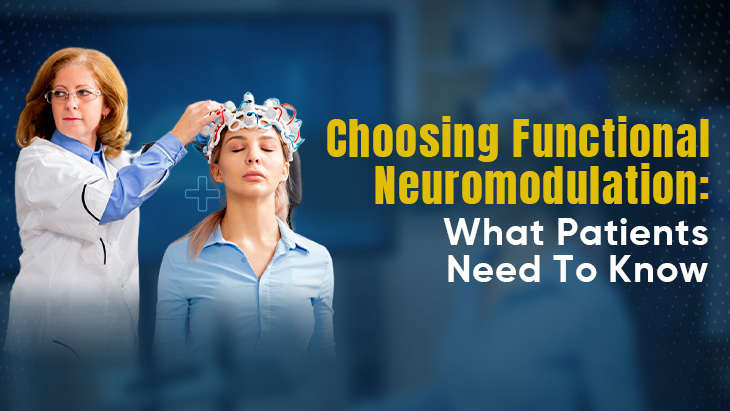Functional neuromodulation represents a transformative approach in medical science, offering hope and relief for individuals suffering from various neurological disorders. This informative article aims to provide a comprehensive understanding of functional neuromodulation, outlining its principles, applications, benefits, considerations, and the process involved in making informed decisions about this treatment option.
Introduction to Functional Neuromodulation
Functional neuromodulation involves the use of advanced medical technologies to modulate or alter neural activity through targeted electrical or chemical stimulation. This technique is primarily used to treat conditions where abnormal neural activity contributes to symptoms, such as chronic pain, movement disorders, epilepsy, and psychiatric conditions.
The concept revolves around the idea of influencing neural circuits or pathways in the brain or peripheral nervous system to restore normal function or alleviate symptoms. This approach differs from traditional treatments like medication or surgery by directly targeting neural activity at specific sites using precise and adjustable stimulation parameters.
Understanding the Principles and Mechanisms
Neural Circuitry and Modulation
Neural circuits are complex networks of neurons that transmit electrical and chemical signals throughout the body. In conditions like chronic pain or movement disorders, these circuits may become hyperactive or dysfunctional, leading to debilitating symptoms. Functional neuromodulation aims to interrupt or modulate this abnormal activity to restore balance and alleviate symptoms.
Types of Neuromodulation Techniques
- Deep Brain Stimulation (DBS): In DBS, electrodes are surgically implanted into specific regions of the brain. These electrodes deliver electrical impulses that regulate abnormal brain activity associated with conditions like Parkinson’s disease, essential tremor, and dystonia.
- Spinal Cord Stimulation (SCS): SCS involves implanting electrodes along the spinal cord to deliver electrical pulses. It is commonly used to manage chronic pain conditions, such as failed back surgery syndrome, neuropathic pain, and complex regional pain syndrome.
- Peripheral Nerve Stimulation (PNS): PNS targets peripheral nerves outside the brain and spinal cord with implanted electrodes. It is effective for conditions like chronic neuropathic pain and peripheral vascular disease.
- Vagus Nerve Stimulation (VNS): VNS involves implanting a device that stimulates the vagus nerve, a major nerve that connects the brain to various organs. It is used to treat epilepsy and treatment-resistant depression.
- Responsive Neurostimulation (RNS): RNS is a closed-loop system that monitors brain activity and delivers electrical stimulation in response to detected abnormalities. It is primarily used for epilepsy that has not responded to other treatments.
Conditions Treated with Functional Neuromodulation
Functional neuromodulation has shown promising results in treating a wide range of neurological and psychiatric conditions, including:
- Movement Disorders: Parkinson’s disease, essential tremor, dystonia and other movement disorders
- Chronic Pain: Neuropathic pain, complex regional pain syndrome, failed back surgery syndrome.
- Epilepsy: Drug-resistant epilepsy.
- Incontinence: Bowel & bladder incontinence
- Psychiatric Disorders: Treatment-resistant depression, obsessive-compulsive disorder.
- Other possible indications: Tourette syndrome; Paraplegia; Schizophrenia; Alzheimer’s; Obesity
Benefits of Functional Neuromodulation
Targeted and Adjustable Therapy
One of the key advantages of functional neuromodulation is its ability to provide targeted therapy directly at the site of abnormal neural activity. Unlike systemic treatments such as medications, which may have broad effects and side effects, neuromodulation allows for precise adjustments to optimize therapy and minimize side effects.
Improved Quality of Life
Many patients experience significant improvements in their quality of life following functional neuromodulation. For individuals with chronic pain or movement disorders, these treatments can reduce symptoms, enhance mobility, and restore independence, allowing them to engage more fully in daily activities and social interactions.
Long-term Benefits
Functional neuromodulation treatments often provide sustained relief and improvement over time. Studies have shown that these therapies can maintain their effectiveness with proper management and follow-up care, offering long-term benefits compared to other treatment options.
Considerations before Choosing Functional Neuromodulation
Patient Selection Criteria
Not all patients may be suitable candidates for functional neuromodulation. The decision to undergo these procedures requires careful evaluation by a multidisciplinary team, including neurologists, neurosurgeons, and pain specialists. Factors such as the severity of symptoms, previous treatments, overall health, and individual preferences are taken into account when determining candidacy.
Trial Period
In many cases, patients undergo a trial period of neuromodulation therapy before committing to permanent implantation. During this trial, temporary electrodes are placed to assess the therapy’s effectiveness in relieving symptoms. If successful, permanent implantation may be considered.
Device Maintenance and Follow-up Care
Functional neuromodulation devices require ongoing maintenance and periodic adjustments to ensure optimal therapy. Regular follow-up appointments with healthcare providers are essential to monitor device function, adjust stimulation parameters, and address any issues or concerns that may arise.
Making an Informed Decision
Choosing functional neuromodulation is a significant decision that requires careful consideration and collaboration between patients and their healthcare providers. Before proceeding, patients should:
- Educate Themselves: Ask your doctor to learn about the specific type of neuromodulation therapy recommended, its expected outcomes, and potential risks.
- Seek Multiple Opinions: Consult with your functional neurosurgery specialist to gather diverse perspectives on treatment options.
- Discuss Expectations: Clearly communicate treatment goals, expectations, and concerns with healthcare providers to ensure alignment with personal preferences and lifestyle.
Conclusion
Functional neuromodulation represents a remarkable advancement in the field of neurology and neurosurgery, offering new hope and effective treatment options for patients with neurological and psychiatric conditions. By understanding the principles, benefits, considerations, and decision-making process involved, patients can make informed choices about pursuing these innovative therapies. Consultation with experienced healthcare providers is essential to explore whether functional neuromodulation is a suitable and beneficial option for individual needs, ultimately leading to improved quality of life and symptom management.
In summary, functional neuromodulation holds promise as a personalized and effective approach to enhancing neurological function and alleviating symptoms, paving the way for a brighter future in medical care and patient outcomes.
For More Details about Functional Neuromodulation Contact Dr. Chirag Solanki
Dr. Chirag Solanki is a leading Functional Neuromodulation Surgeon in Ahmedabad, Gujarat, specializing in advanced treatments for neurological and psychiatric conditions. For consultation, explore his expertise in innovative neurosurgical therapies.

